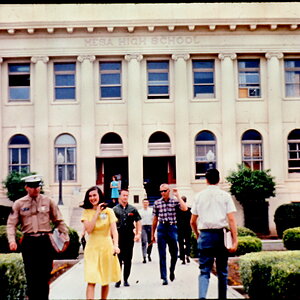Webjunkie
TPF Noob!
- Joined
- Jul 8, 2011
- Messages
- 9
- Reaction score
- 0
- Location
- Moberly Missouri
- Can others edit my Photos
- Photos OK to edit
http://webjunkie1961.deviantart.com/gallery/#/d3ksca5
(could not get image to upload but the link goes to same image I am refering too )
I am brand new to photography in fact the linked picturewas from the first day I got a camera (Nikon D3000) using the 18-55 lens my question is... the focus area of this image is pretty small looks to be clearonly on tree near the closest mushroom is there a way to increase that focusarea. (not sure if I am using the correct terms as I am a novice.)
Last edited:


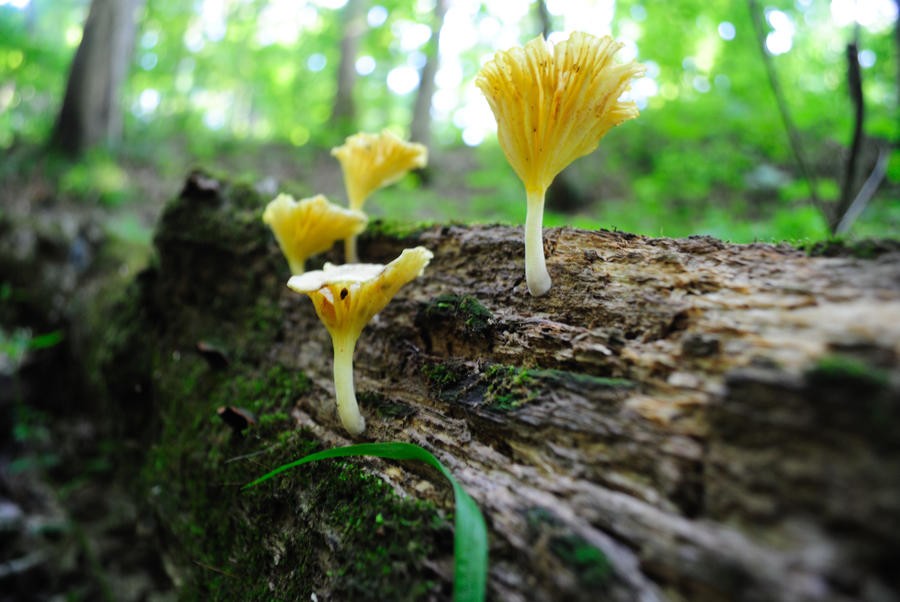
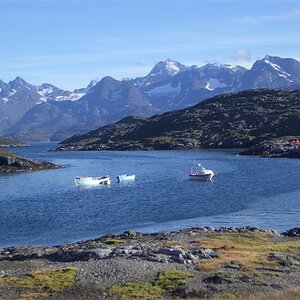

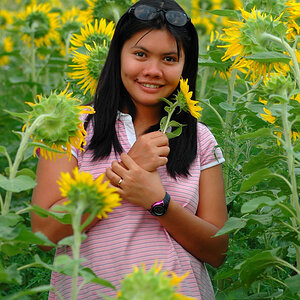
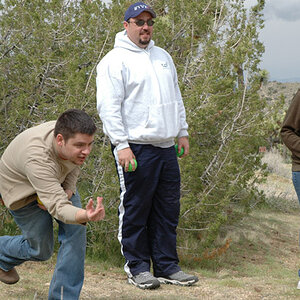

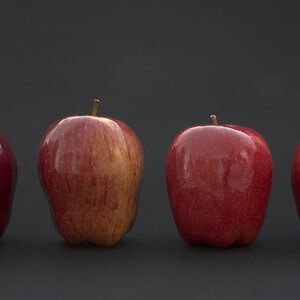
![[No title]](/data/xfmg/thumbnail/32/32709-80f0f0432fd5ec548a3efdb60ef77d46.jpg?1619735613)
![[No title]](/data/xfmg/thumbnail/35/35213-19b5e1596f756d523bfde9446f21ca8a.jpg?1619736951)
